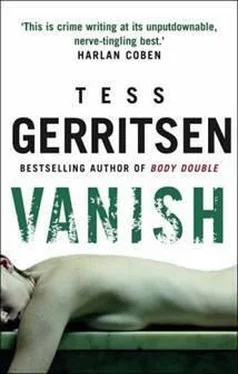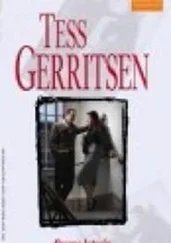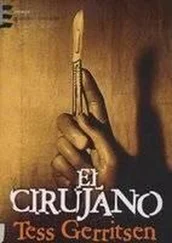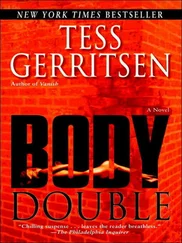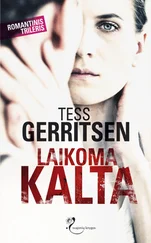Tess Gerritsen - Vanish
Здесь есть возможность читать онлайн «Tess Gerritsen - Vanish» весь текст электронной книги совершенно бесплатно (целиком полную версию без сокращений). В некоторых случаях можно слушать аудио, скачать через торрент в формате fb2 и присутствует краткое содержание. Жанр: Триллер, на английском языке. Описание произведения, (предисловие) а так же отзывы посетителей доступны на портале библиотеки ЛибКат.
- Название:Vanish
- Автор:
- Жанр:
- Год:неизвестен
- ISBN:нет данных
- Рейтинг книги:5 / 5. Голосов: 1
-
Избранное:Добавить в избранное
- Отзывы:
-
Ваша оценка:
Vanish: краткое содержание, описание и аннотация
Предлагаем к чтению аннотацию, описание, краткое содержание или предисловие (зависит от того, что написал сам автор книги «Vanish»). Если вы не нашли необходимую информацию о книге — напишите в комментариях, мы постараемся отыскать её.
"exciting and mesmerizing crime thriller"
Boston Homicide Detective Jane Rizzoli is about to give birth but she still performs her job by testifying against a man she arrested. The man goes berserk and Jane gets off the witness stand, restrains and cuffs him. Her water breaks and she goes to the hospital where her doctor sends her to Diagnostic Imaging for an ultra sound. In another part of the hospital, a Jane Doe kills a security guard and ends up in Diagnostic Imaging where she keeps Jane and five other people hostage.
The Feds take over the operation citing national security reasons and before the hostage situation ends the woman and her accomplice is dead. The Feds confiscate the notes and all evidence related to the two dead people. The last thing that the woman says to Jane is "Mila knows". The woman is traced back to a house where five women were murdered, four of whom w were kept against their will in a white slavery ring. Even though Jane just gave birth she is determined to find Mila and expose the people running the ring who erase all traces of their existence when things get too hot.
The Jane Doe was found in the morgue by Medical Examiner Maura Isles. The woman was declared dead when she was fished out of the ocean but revived when she warmed up. She is determined to make her story known to the American people even though people highly placed in law enforcement and government won't be stopped until she is dead. Jane is determined to find out her motivation because during the takedown of the hostages, actions were taken that didn't make sense.
Tess Gerritsen writes another exciting and mesmerizing crime thriller that is frightening because it is based on fact. VANISH is the type of novel that is written only rarely, one that appeals to reads who like plenty of action and realistic characters in their novels material. The love between Jane and her husband Gabriel, an FBI agent is so strong that it adds heart and soul to a work that would otherwise have too much tension for the plot to sustain.
Boston Homicide Detective Jane Rizzoli is about to give birth but she still performs her job by testifying against a man she arrested. The man goes berserk and Jane gets off the witness stand, restrains and cuffs him. Her water breaks and she goes to the hospital where her doctor sends her to Diagnostic Imaging for an ultra sound. In another part of the hospital, a Jane Doe kills a security guard and ends up in Diagnostic Imaging where she keeps Jane and five other people hostage.
The Feds take over the operation citing national security reasons and before the hostage situation ends the woman and her accomplice is dead. The Feds confiscate the notes and all evidence related to the two dead people. The last thing that the woman says to Jane is "Mila knows". The woman is traced back to a house where five women were murdered, four of whom w were kept against their will in a white slavery ring. Even though Jane just gave birth she is determined to find Mila and expose the people running the ring who erase all traces of their existence when things get too hot.
The Jane Doe was found in the morgue by Medical Examiner Maura Isles. The woman was declared dead when she was fished out of the ocean but revived when she warmed up. She is determined to make her story known to the American people even though people highly placed in law enforcement and government won't be stopped until she is dead. Jane is determined to find out her motivation because during the takedown of the hostages, actions were taken that didn't make sense.
Tess Gerritsen writes another exciting and mesmerizing crime thriller that is frightening because it is based on fact. VANISH is the type of novel that is written only rarely, one that appeals to reads who like plenty of action and realistic characters in their novels material. The love between Jane and her husband Gabriel, an FBI agent is so strong that it adds heart and soul to a work that would otherwise have too much tension for the plot to sustain.
